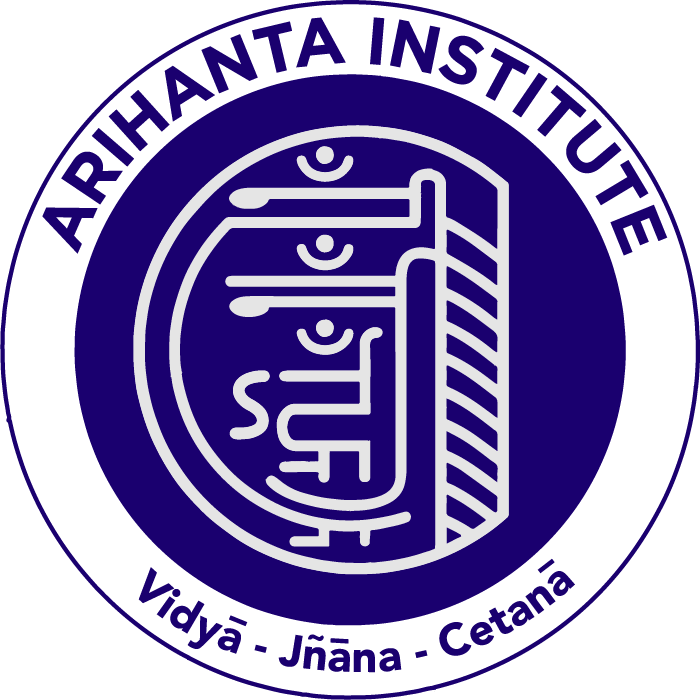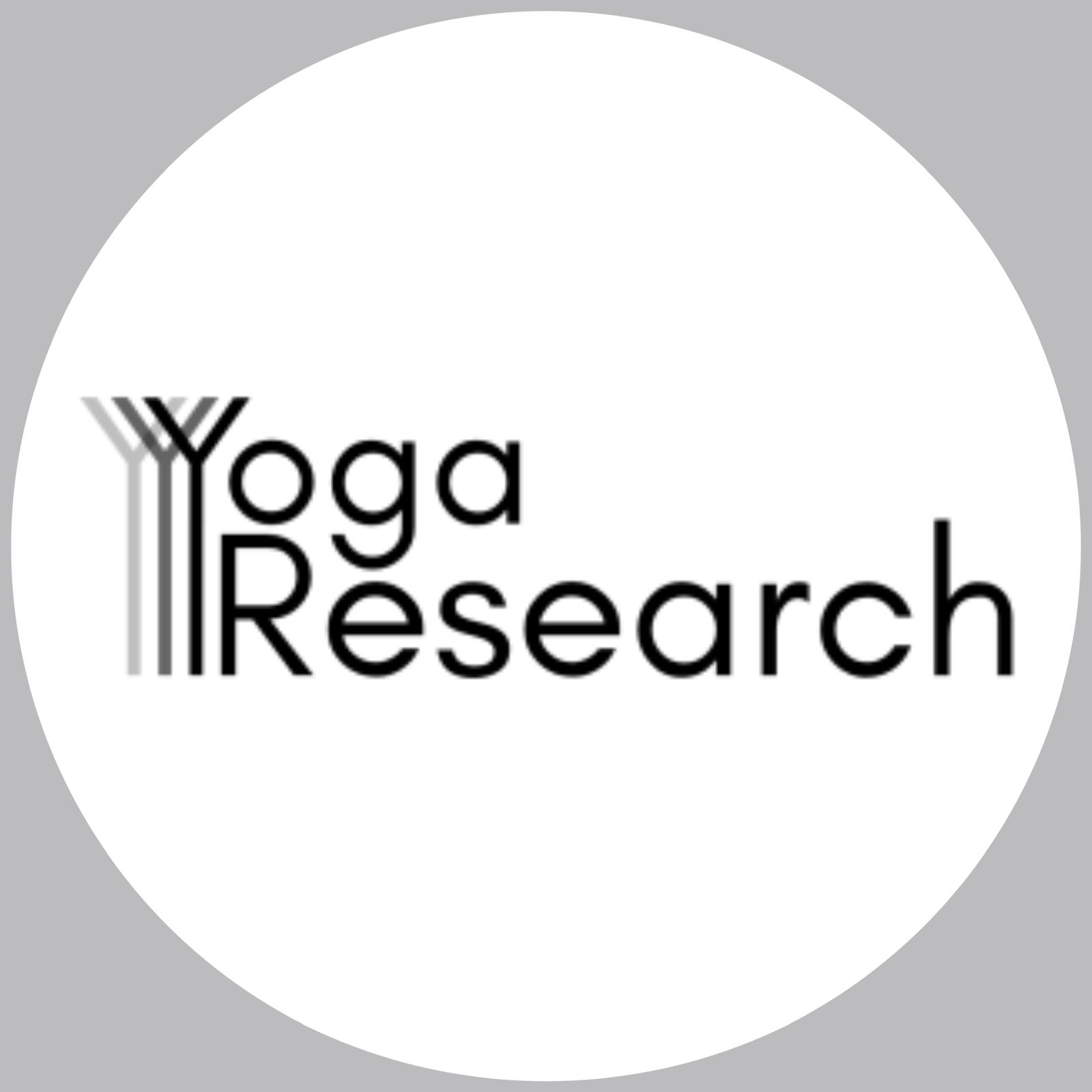
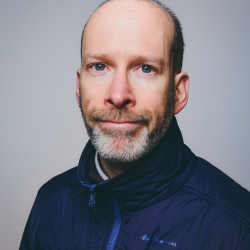
Peter Pasedach is a research associate at the department for Indology and Tibetology of Hamburg University. He is a Sanskritist specialising in court poetry, and yoga-related texts. He has taught Sanskrit and related topics in Hamburg, Göttingen and Leiden. He is actively involved in the building up of the focus Yoga Studies at Hamburg University, has been one of the main organisers of the 3rd Yoga Darśana, Yoga Sādhana conference, and is one of the founders of the Yoga Studies Research Network.
Peter Pasedach completed his PhD in 2018 with a dissertation on the sixth canto of the Haravijaya, the major part of which is a philosophical ode to Śiva, sung to him by personified Spring, praising him as the real nature of the highest reality of a wide diversity of philosophical and theological systems of the time. He critically edited this canto, together with its available commentaries, basing himself on manuscript material dating back up to the 12th century which he collected on a number of research trips to India. Currently the primary focus of his work is on the Kapphiṇābhyudaya, a mahākāvya based on a Buddhist plot, but with śaivaite elements. Having recently got access to copies kept in Beijing of the single known manuscript of any commentary on it, which has survived in Tibet, he has received funding from the DFG for work on these two epic poems.
In Yoga, he is working on a new digital critical edition of the Śivasaṃhitā , and preparing a project on Vācaspatimiśra’s Tattvavaiśāradī on the Pātañjalayogaśāstra. In his Sanskrit literature courses he regularly reads yoga-related texts.
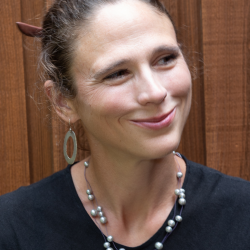
Suzanne Newcombe studies religion with the tools of a sociologist and social historian. She is a Senior Lecturer in Religious Studies at the Open University (UK) and the director of Inform which is based in Theology and Religious Studies at King’s College London. Much of her work has focused on investigating the popularization of yoga in the modern period, e.g. Yoga in Britain: Stretching Spirituality and Educating Yogis (Equinox 2019) and the Routledge Handbook of Yoga and Meditation Studies (2020) also co-edited with Karen O’Brien-Kop. From 2015-2020 she was a post-doctoral researcher on the European Research Project AYURYOG Entangled Histories of Yoga, Ayurveda and Alchemy in South Asia. Since 2001, she has also explored different aspects of new and minority religions through her work with Inform.
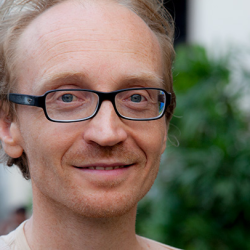
Jason Birch (DPhil Oxon) is a co-Director of the Yogacintāmaṇi Project at the University of Massachusetts Boston and a research associate at SOAS University of London. His recent publications include Āsanas of the Yogacintāmaṇi: The Largest Premodern Compilation on Postural Practice, The Amaraugha and Amaraughaprabodha of Gorakṣanātha: The Genesis of Haṭha and Rājayoga, a critical edition of the Haṭhapradīpikā (with colleagues of the Light on Haṭha Project) and On the Plastic Surgery of the Ears and Nose: The Nepalese Version of the Suśrutasaṃhitā (with colleagues of the Suśruta Project). At SOAS University of London (2015–2023), he was a Senior Research Fellow of the Light on Haṭha Project and a Post-doctoral Research Fellow of the Haṭha Yoga Project. He is a founding member of the SOAS Centre of Yoga Studies and the peer-reviewed Journal of Yoga Studies.
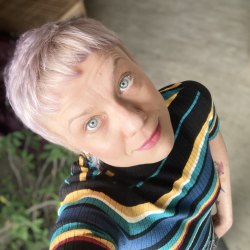
Matylda Ciołkosz is an assistant professor at the Institute of Religious Studies,
Jagiellonian University in Kraków. She obtained her bachelor, master, and doctoral degrees at the Jagiellonian University. In 2022, her monograph "Thinking in Āsana: Movement and Philosophy in Viniyoga, Iyengar Yoga, and Ashtanga Yoga" was published at Equinox Publishing.
In her research, she is interested in cognitive-evolutionary approaches to the study of religions – most of all those situated within the framework of enactivism. He research so far has been focused on the influence of recurrent experience – sensory, kinaesthetic, and social – on cognition, concept-formation, and language. Currently, she is exploring the issue of the formation of moral values in relation to human sensorimotor, intersubjective, and linguistic experience.
Prior to her engagement with academia, she worked as a journalist, translator, yoga instructor, and musician. She is a yoga practitioner and a boulderer, and has a vivid interest in popular culture.
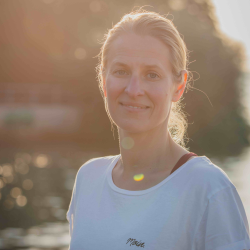
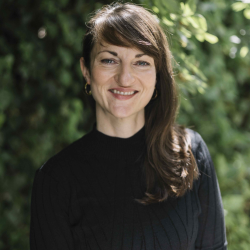
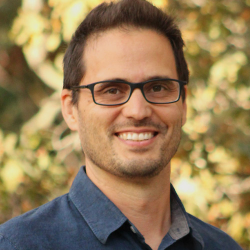
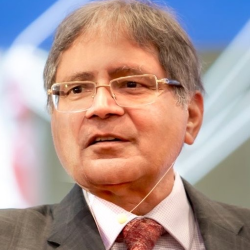
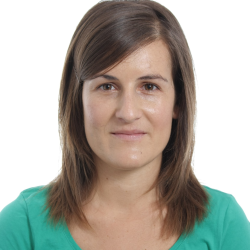
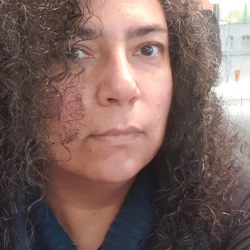
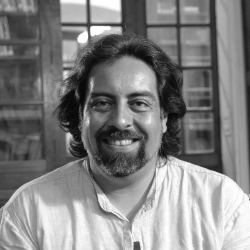
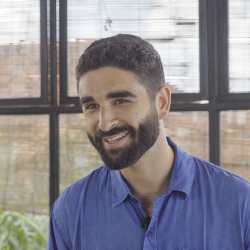
Seth Powell is a scholar of Indian religions, Sanskrit, and yoga traditions, who earned his PhD in South Asian Religions at Harvard University. His dissertation comprised a critical edition, translation, and detailed study of a 15th-century Sanskrit yoga text from south India known as the Śivayogapradīpikā—which uniquely combines yoga, ritual, and devotion. He also works on the visual and material culture of yoga in premodern India, uncovering yoga's past through temple sculptures, with a special focus on the Deccan region. Seth is the founder and director of the online educational platform, Yogic Studies, which provides extensive courses and training in Yoga and South Asian Studies to students worldwide.
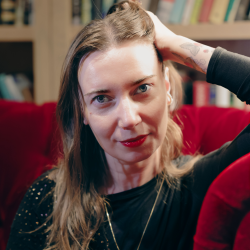
Anya Foxen is a historian and comparativist scholar of religion. She is currently an Associate Professor of Religious Studies at California Polytechnic State University, San Luis Obispo as well as a Visiting Scholar at the Center for the Study of World Religions at Harvard University. Foxen’s research is grounded in the intersection of South Asian yogic and tantric traditions with Western esotericism and metaphysical spiritualities. She is the author of four books, including the forthcoming The Serpent’s Tale: Kuṇḍalinī and the History of an Experience.
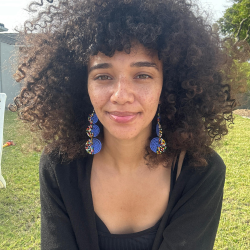
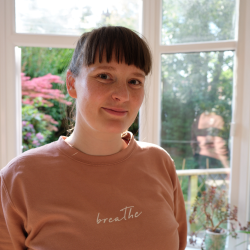
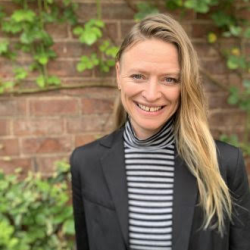
Ruth has published early research findings in the peer-reviewed Religions of South Asia (2021) and numerous public articles. She teaches MA ‘Theory and Method in the Study of Religion’ alongside undergraduate courses such as Religion, Ecology and Politics as Visiting Lecturer at Roehampton University (2023-2026). As a practitioner Ruth collaborated with the SOAS Haṭha Yoga Project (2015-2020) interpreting postures from an 18th-century text teaching a precursor of modern yoga, the Haṭhābhyāsapaddhati. See www.enigmatic.yoga for footage and publications.
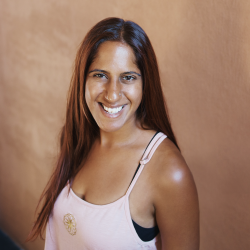
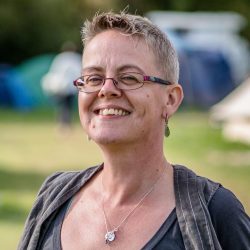
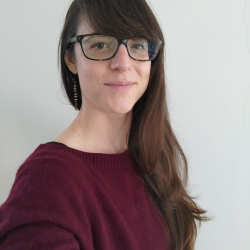
Martha completed a 200 hours Yoga Teacher Training in 2016 in Nepal and was left with more questions than answers. She briefly taught yoga before discovering the SOAS MA in Traditions of Yoga and Meditation, which she completed over 3 years and was awarded a distinction. She was also project coordinator for the SOAS Centre of Yoga Studies from 2018-2020. Under the banner of IntoYoga, she has recently begun running small-scale yoga studies workshops on the Isle of Wight and is currently applying for a PhD position to further her research in this field.
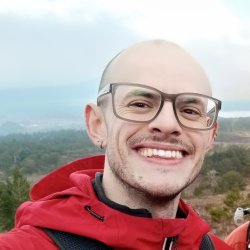
_orig)
